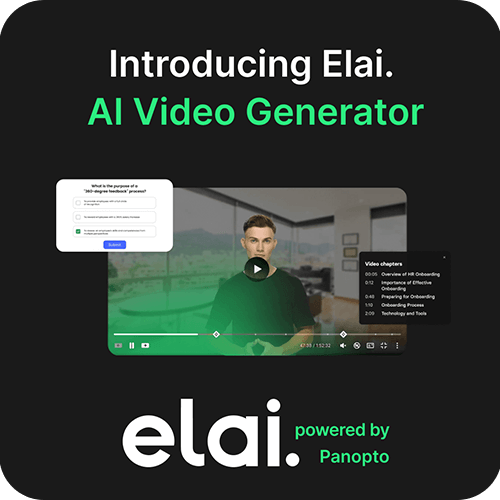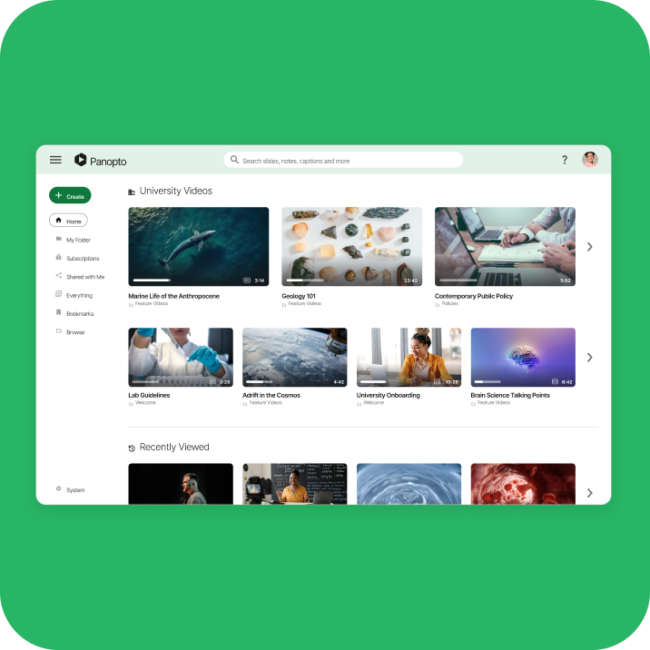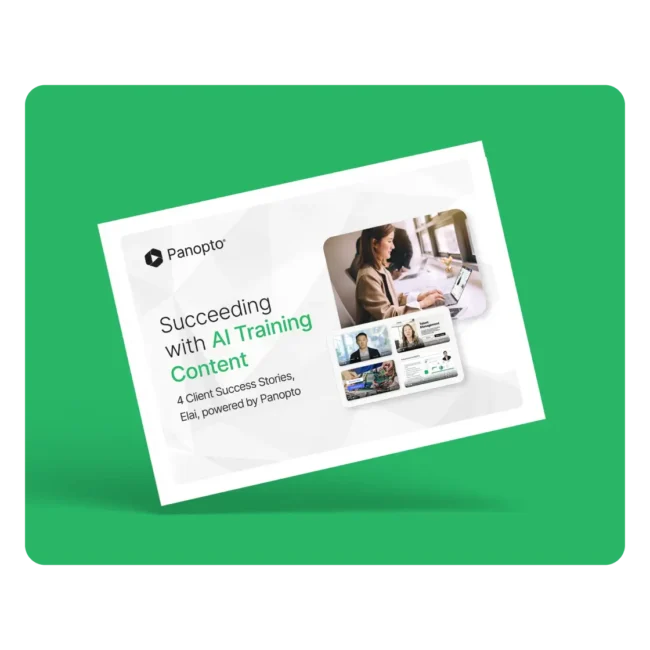- Social Learning & Knowledge Management
Let Your Experts Retire — Not Their Expertise
Right now, nearly ten thousand Baby Boomers retire from the workforce every single day. 800,000 people over the age of 65 left the U.S. workforce in the last quarter of 2016, confirming that “The Silver Tsunami” (a term used to describe the mass number of aging Baby Boomers) is indeed a threat to many businesses.
For all the talk about delayed retirements and extended workforce participation rates — both of which are well-documented and shaping the demographics of today’s workplace — the simple fact remains that the Baby Boomer generation is now leaving the office for the last time, in droves.
It’s a figure that adds up quickly. Losing 10,000 workers every day means losing 300 thousand each month — and more than three million experienced workers every year.
And for all too many businesses, it also means losing access to the valuable institutional knowledge of retiring employees.
Veteran employees — at every level of the organization — are often wellsprings of experience-based know-how. They’re able to make a difference for clients with clear knowledge of an account’s history and issues. They’re able to make a difference for colleagues with a comprehensive understanding of processes and when to enact workarounds. And they’re able to improve your bottom line by knowing the right questions to ask, the right concerns to address, and the right steps to follow to ensure that the best deals are negotiated and the best contracts signed.
These are just some of the benefits experienced professionals bring to a business — and unfortunately, simply moving someone new into the role could result in a leadership gap within your organization.
The 4 Types of Knowledge You May Lose When Employees Retire
Recently, Harvard Business Review published a deeper look into just what organizations lose when their experts close their careers. What the team found was that the most pressing losses came about in 4 key areas:
that the most pressing losses came about in 4 key areas:
Relationships
That an expert may be a key contact with a vendor or customer, and thus be more easily able to start up a discussion with those individuals, isn’t a surprise. But the losses here go deeper — years of experience often provides your expert with intuition as to what can and can’t be negotiated, what can and can’t be pushed, and what should or shouldn’t be discussed — and losing access to that insight may have a real price.
Reputation
In today’s era of lean organizations, just about everyone is a subject matter expert in something. And their contacts know it — they’ve learned that one person is their go-to for the right answer, right away. Replacing that person tests the faith of those clients and contacts — asking them to trust a new name after they’d placed their confidence in a predecessor. It’s not uncommon even in a good transition to hear grumbles.
Re-work
The ability to ask the right questions may be one of the most undervalued skills a team member might have. No organization operates without some number of internal issues, and idiosyncratic systems — veteran employees know those details from experience and can plan for them. Newer team members often don’t even know those hurdles exist — meaning you’ll be hearing much more about “plan B” than you did before your expert retired.
Regeneration
The media likes to talk about innovation as though it happens in a flash of insight, but that’s not really true. Breakthrough ideas are built on the back of years of learning and practice — and as today’s businesses become ever more technical and complex, it takes more time than ever to truly become an expert. Even Nobel Prize winners are now older than ever! Your best hope is simply to train, train, train — and give new people as much opportunity as possible to learn from your experts before they’re gone.
Mitigate the Risk of Lost Knowledge From Retiring Employees With A Succession Planning Strategy
Most organizations have no idea they’ve lost certain assets until after their expert is gone. As a result, few are able to recover quickly from the gaps created by an expert retiring.
It doesn’t have to be that way.
Having a succession planning strategy in place can help minimize the impact of retiring workers. It’s rare that a candidate is “ready now” to take over the role of an experienced leader or employee. A succession planning strategy will help you identify knowledge gaps and transition successors into new roles with fewer bumps.
Curate Expertise Before Your Experts Retire
Few organizations truly overlook their veteran employees as valuable resources. In fact, most go out of their way to recognize that expertise, formally or informally directing other employees to contact the internal expert anytime a relevant question comes up.
This kind of “ask the expert” sharing of information and best practices is nothing new — colleagues have shared tips and techniques this way for hundreds of years. Today, however, organizational HR and Learning & Development offices are quickly coming to recognize the value of this “social learning”, and are finding new ways to support, preserve, and scale it, so that the information shared in an informal one-to-one discussion might be made of benefit for everyone else in the organization, anytime, anywhere, on-demand.
Today there are a multitude of ways to store and manage institutional knowledge:
- Wikis allow organizations to build encyclopedias documenting any important detail
- Forums allow experts to chime in on a social network-like interface whenever a question may be asked
- Brown Bag sessions create an informal get-together environment where a subject matter expert can show what they know in front of an audience of interested peers
And for a rapidly growing number of organizations, there’s one technology that offers all the benefits of wikis, forums, and brown bag sessions — in a single, engaging format: video.
Want to see how? Just watch.
Why Video Is So Valuable For Capturing Employee Knowledge
The rise of available, high-quality video recording tools like webcams and smartphones has made it easier than ever for anyone to quickly record just about anything. And as more and more businesses embrace video content management systems (video CMSs), sharing those recordings with colleagues is as easy as clicking a mouse.
Video helps to preserve institutional knowledge better than text, because it allows your experts to actually show what they’re demonstrating as they document it. Many studies also find video is simply a better format for this kind of information — not only does video training help boost learner recall of important subjects, but according to Forrester Research, 75% of employees would simply prefer to watch a video rather than read an email or web page.
Leveraging a VCMS amplifies that value, by making your video content more accessible. Having a centralized video library means your employees know where to go to find the information they are looking for, rather than needing to scour a maze of file sharing drives and SharePoint networks, hoping to stumble across what they need. Panopto even fully indexes every word spoken and every word shown on-screen in every video in your library, enabling your team to search for and instantly fast-forward to the expertise they need.
And beyond just centralizing your video assets, a VCMS makes video easier to utilize. A modern VCMS like Panopto automatically transcodes every video in your library so they can be viewed on any device without file format issues.
Request a Demo Using Video To Curate Institutional Knowledge
Every organization will find their own ways to tap into the power of video to curate the expertise of their veteran employees. Today, some of the most common strategies are:
Process Demonstrations
One of the most commons uses of video in enterprise businesses is also one of the most valuable ways to capture the expertise of your team. Asking your subject matter experts to record an end-to-end walkthrough of how a process or program works is an ideal way to quickly document the way your business works — and give a new retiree’s replacement an invaluable leg-up on getting to know their new roles and responsibilities.
“What To Watch For” Overviews
Showing how things should be working is a valuable task — but often the expertise that makes your veteran employees so essential is what needs to be done when things go wrong. Years of experience are often the best reference for knowing which components should be monitored ahead of schedule, which steps need to be double-checked, and which customers should get one more quick touch-base phone call — with video, your experts can capture the same tips and best practices they’ve shared informally over the cube wall for years and help others benefit from their wisdom — even if they are asking from thousands of miles away or several years into the future.
“What I’ve Learned” Video Brown Bags
As HBR has noted, often the greatest problem that comes from your experts retiring is that you simply won’t know what knowledge you’ll wish you had captured. While there’s no surefire way to preserve every last little detail, sometimes there’s simply no substitute for clicking “record” and asking an employee to share what they’d want others to know. From how to improve processes, how to manage enormous projects or clients, and even how to successfully build a career in your organization, you might just be surprised to find out how much information your retiring experts really do have to share.
Don’t Lose Knowledge From Retiring Employees
10,000 Baby Boomers retire every day. And any one of them may be the expert whose years of experience have helped create your organization’s competitive advantage. With Panopto, organizations — and even their experts themselves! — can easily record demonstrations, presentations, discussions, and just about any other ideas, insights, or information. And with the industry’s best video content search and sharing, Panopto helps you ensure that your experts’ expertise will still be available and ready to help everyone in your organization, even after their retirement party wraps up.



